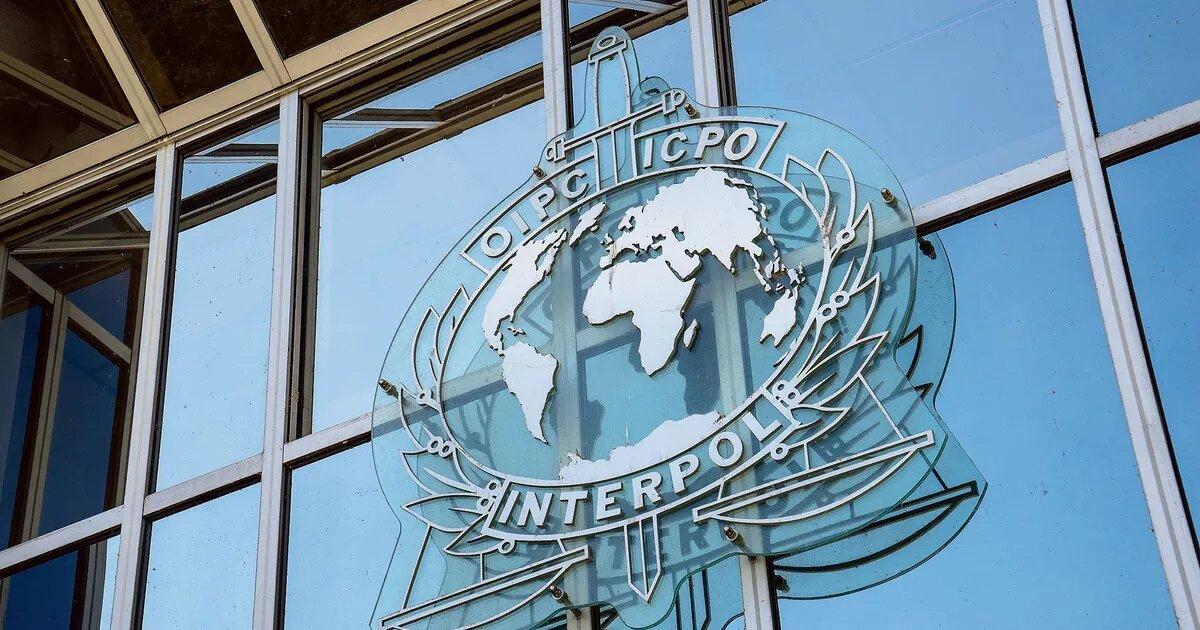The accusation in WCC is usually a stealth way of prosecution based on economic and / or political motives. The classic scenario is to start the prosecution after the arbitration cases have been lost. In this case, it is necessary to determine exactly the full elements that proved the economic nature of the case and also the violation of Article 35 of the RPD.
Under Articles 35 of the RPD, any data recorded in INTERPOL’s files must be “of interest for the purposes of international police cooperation.” Moreover, Article 83(1)(a) of the RPD stipulates that Red Notices specifically are reserved for serious ordinary-law crimes.
In order to assess each case for these purposes of international police cooperation, the Commission generally evaluates the general context of the case. It means the acts for which the person is subject to data in the INTERPOL files (for example, the nature of the criminality or the elements characterizing his/her actual participation in the acts of which he/she is accused, and elements of the case that may lie outside the material elements of the charge).
In general, when considering the case, we should analyze the general context of the case and the material elements that demonstrate the connection between the claimant’s actions and the alleged criminal activity. It’s especially important when an alleged crime is committed by two or more co-conspirators. In other words, the alleged crime may have been committed, but the NCB, the source of the data, must provide evidence that can describe the client’s personal role in the alleged criminal activity. The following is the relevant quote from the Commission’s decision.
“It takes into account that the 2011 contracts with Company_1 were signed by the director of Company_2, and not the Applicant in a professional or personal capacity. Furthermore, while the NCB stated that the Applicant and unidentified accomplices had submitted false documentation to Company_2 in 2011, it is unclear whether this qualifies as conduct that is concretely attributed to him in a personal capacity, or rather to his accomplices. It hence emphasizes that in its analysis of the tangible elements available to describe the link between the Applicant and the underlying facts, his signing of the contract of 20 January 2013 appears to be the sole conduct imputed to him in an individual capacity without grouping his involvement to that of his accomplices, which does not, in itself, amount to a sufficient link to a criminal conspiracy”.
Here is another example of the Commission’s finding that there was no clear description of the person’s criminal activity, which led to the removal of data from the Interpol information system. The following is the relevant quote from the Commission’s decision.
“In this case, after reviewing the indictment, the Commission finds that it is unclear when and where exactly the alleged bribery took place. The indictment only indicates a period of 14 days and a vague location. Also, neither the indictment nor the information provided by the NCB contain sufficient facts that could demonstrate the link between the Applicant and the crime. For example, there is no element such as witness statements, documentary evidence, or information linking the Applicant to the three companies which he allegedly represented. The information provided by the NCB is insufficient to support the Applicant’s possible involvement in the acts of which he is accused and does not present a clear description of the alleged criminal activities as required under Article 83 (2)(b)(i) of the RPD. This raises questions on whether the criminal proceedings against the Applicant were politically motivated”.
In the light of the overall context of the case, the existence of civil or arbitration disputes should be taken into account and their possible impact on the merits of the criminal case should be assessed.
Here, the Commission considers his argument that the criminal case was initiated only after Company_1 failed to retrieve the outstanding funds from him pursuant to the guarantee agreement which he signed on 01 January 2014.
The Commission discerns that the belated nature in which the criminal case was launched is a notable factor in the present case, given how the matter led to his release in April 2020 following his arrest in Hungary on the basis of the Diffusion as per the confirmation of the NCB of Hungary.
Meanwhile, It should point out, not always the civil/ economic litigations to testify about the absence of the criminal nature of the case and violation of Interpol rules. Below I cite the relevant quote from the Commission’s decision.
“The Commission recognizes that the existence of a criminal act in the context of contractual or private disputes, such as a misappropriation or forgery, can be the subject of independent criminal proceedings according to national laws and procedures, even if civil or commercial proceedings are ongoing or even have been settled”.
In the following sections, I will analyze other elements that the Commission assesses when reviewing the compliance of the data processing with the Interpol Rules.






































